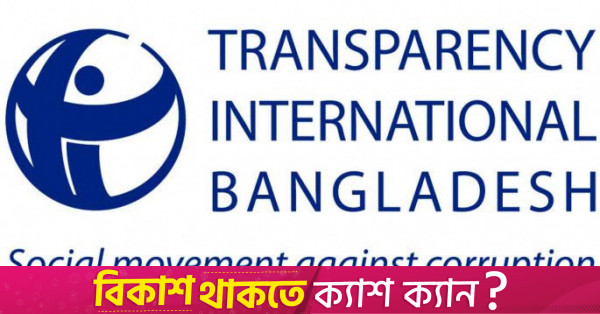Transferring accused officials only shifts corruption elsewhere: Experts


Transferring government officials accused of amassing significant wealth through corruption is not punitive; rather, it relocates corruption to another area, according to experts.
They described this practice as a “facade”, advocating that officials accused of corruption should be temporarily suspended pending investigation and judicial proceedings.
Last month, two senior officials from the National Board of Revenue (NBR) were reassigned – one to the finance ministry and the other to the Taxes Zone in Bogura – after allegations against them of accumulating substantial illicit wealth surfaced.
“Such transfer is not a punitive action but a relocation of corruption,” Dr Iftekharuzzaman, executive director of Transparency International Bangladesh (TIB), told The Business Standard.
A former NBR chairman, on condition of anonymity, told TBS, “The NBR should have suspended the officials following such allegations. Transferring them is not punishment; it is merely a false display of punishment.”
In a statement issued on Monday (1 July), TIB said, “Presenting transfer, dismissal, and compulsory retirement as the maximum punishment for the corrupt public servants is insufficient and can encourage corruption instead.
“Therefore, the corrupt public servants must be brought to proper trial to ensure exemplary punishment in accordance with legal proceedings.”
“Such measures fall short in effectively ensuring accountability and deterring corruption. Crimes like corruption can spread to other officials and beyond if punishment is limited to transfers alone. Public servants do not have to face the law if they are involved in corruption. In fact, the widespread acceptance of this idea can further encourage corruption,” Iftekharuzzaman told TBS.
He pointed out that amendments relaxing provisions in the Government Service (Discipline and Appeal) Rules over time have effectively provided a protective shield.
“It is a blatant violation of the constitution to shield public servants from liability for corruption through mere divisional actions. According to Article 27 of the Constitution, all citizens are equal before the law,” he said.
“Limiting punishment for public servants accused of corruption to measures like transfer, dismissal, or retirement is the indication of discrimination against people of different professions and classes. It also works as the predominant factor for the spread of corruption across various areas within the government sectors through collusion,” Iftekharuzzaman said.
Speaking anonymously, a senior NBR official involved in the transfer of one of the officials in question, told TBS, “The Anti-Corruption Commission has not formally notified us about that official yet. The NBR cannot take disciplinary action until the judicial process is completed.”
The official clarified that officials below the rank of member in NBR cannot be made an Officer on Special Duty (OSD) or attached. Regarding the reassignment of the said official to Bogura, he said, “The role assigned to that official in Bogura is low-profile; there is minimal activity there.
“No leniency will be shown to anyone by the NBR.”




